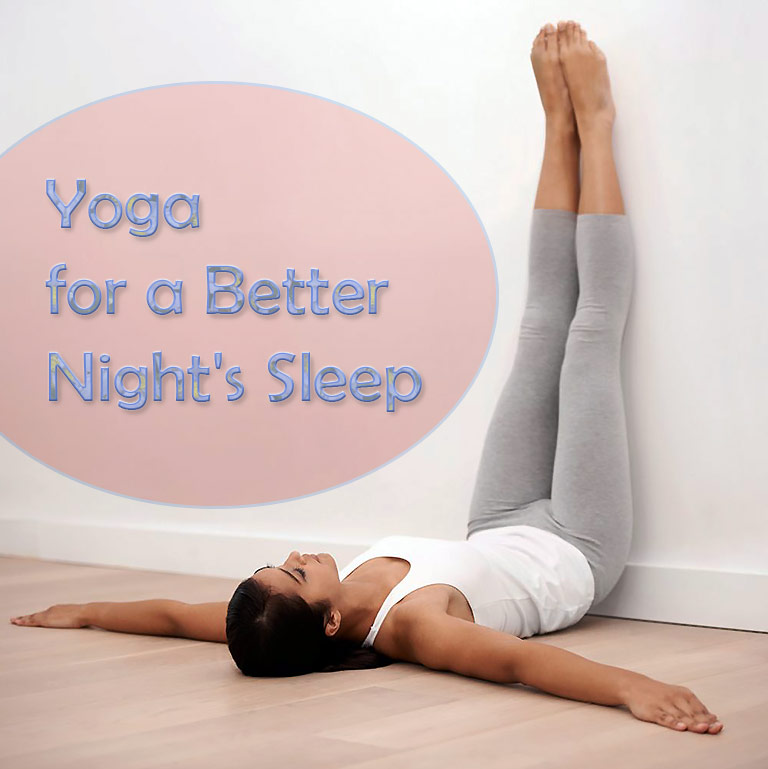
If you have a hard time getting to sleep at night, incorporating yoga into your life can help, especially if your insomnia is stress-related. Yoga has proven to be a great stress buster and can offer you relaxation techniques, including breathing exercises and meditation. Yoga nidra is a deep relaxation methodology that can be particularly helpful for people who have trouble sleeping.
How Yoga Can Help
While there isn’t one specific pose that will automatically send you into a deep sleep, yoga can be an effective sleep aide as part of a healthy lifestyle.To that end, it’s a good idea to establish a regular practice, even if it’s only a few poses a day. Stretching the body regularly helps release tension. Yoga also encourages you to tune in to the present moment, often by focusing on the breath, which allows you to stop worrying about things that happened in the past or might happen in the future. If you have never done yoga before, use this guide on how to get started.
Yoga in Your Bedtime Ritual
Sleep experts often point to the efficacy of creating a standard night time routine in order to signal your body that it’s time to prepare for sleep. You may choose to include a few breathing exercises or gentle stretches in your ritual to relieve tension and help you relax. Three-part breath, which is very helpful for clearing the mind of the day’s clutter, is a good choice at bed time. Yoga poses that can be done while lying in bed include happy baby (ananda balasana), which releases the low back and hips, leaving you feeling looser and more relaxed.
Goddess pose (supta baddha konasana), which opens the groins, is another good option, as is legs up the wall (viparita karani).
Corpse pose (savasana) ends every yoga class, and it’s a good way to end your day too. Lying in bed, focus on each part of your body and soften it before moving on. Begin with the toes, move up the legs and arms, through the torso to the neck, face and head.
Then spend a few minutes just breathing. If you find your mind wandering during this time, don’t engage in your thoughts; instead, bring your attention back to your breath. This helps create a break from your active mind and allows you to relax for sleep.





Leave a Reply